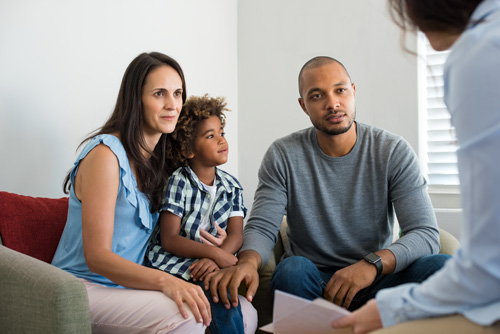Prevention & Wellness
Mount Rogers Community Services provides quality Prevention and Wellness services, programs, and activities that involve individuals, families, communities, and systems working together to increase the development of positive life skills and promote physical and mental wellness.
Prevention Services put an emphasis on enhancing protective factors and reducing risk factors at the individual, peer, family, school, and community levels.
Mount Rogers Community Services provides the following trainings and programs in our communities at no cost. All trainings are provided by Mount Rogers employees who are knowledgable and qualified in the listed programs. Each program is designed to provide individuals and organizations with the knowledge and skills necessary to better serve populations in their community:
REVIVE!
REVIVE! provides training to individuals on how to recognize and respond to an opioid overdose emergency with the administration of Naloxone.
Family Empowerment
The Family Empowerment program focuses on how we as adults can best support the children in our lives through the processes of divorce, separation, and custody determination. It is a support service for individuals with challenging family issues. Some of the topics may include: stress management, goal setting for children, communication skills, limit setting, and direction giving.
Mental Health First Aid
Mental Health First Aid (MHFA) is an 8-hour course that teaches individuals how to help someone who is developing a mental health problem or experiencing a mental health crisis. MHFA teaches the signs of addiction and mental illness, and how to assess the situation.
Strengthening Families Program
Strengthening Families Program (SFP) is an evidence-based family skills training program that focuses on improving parent-child relationships by changing the family dynamics and helping families work together as a unit.
Adverse Childhood Experiences & Trauma Informed Care
- Understand the Adverse Childhood Experiences (ACEs) Study background, research findings, and implications
- Discuss how ACEs impact brain development and function as an adaptive response to environmental circumstances (why a child/youth acts the way they do)
- Understand the impact ACEs have had on your own lives (directly or indirectly) and your view of the world and other
- Begin community conversations focused on thinking of ways to help children and youth, as well as support each other.



